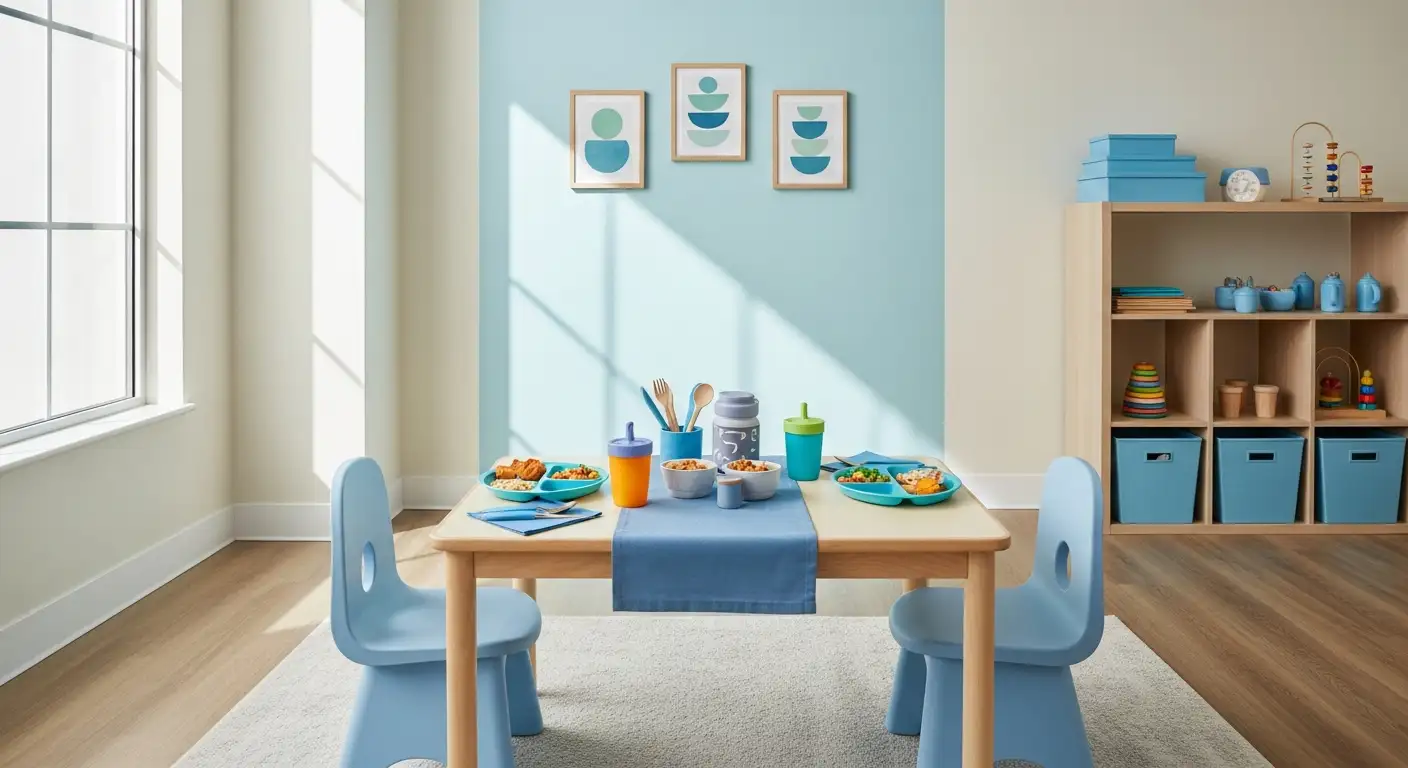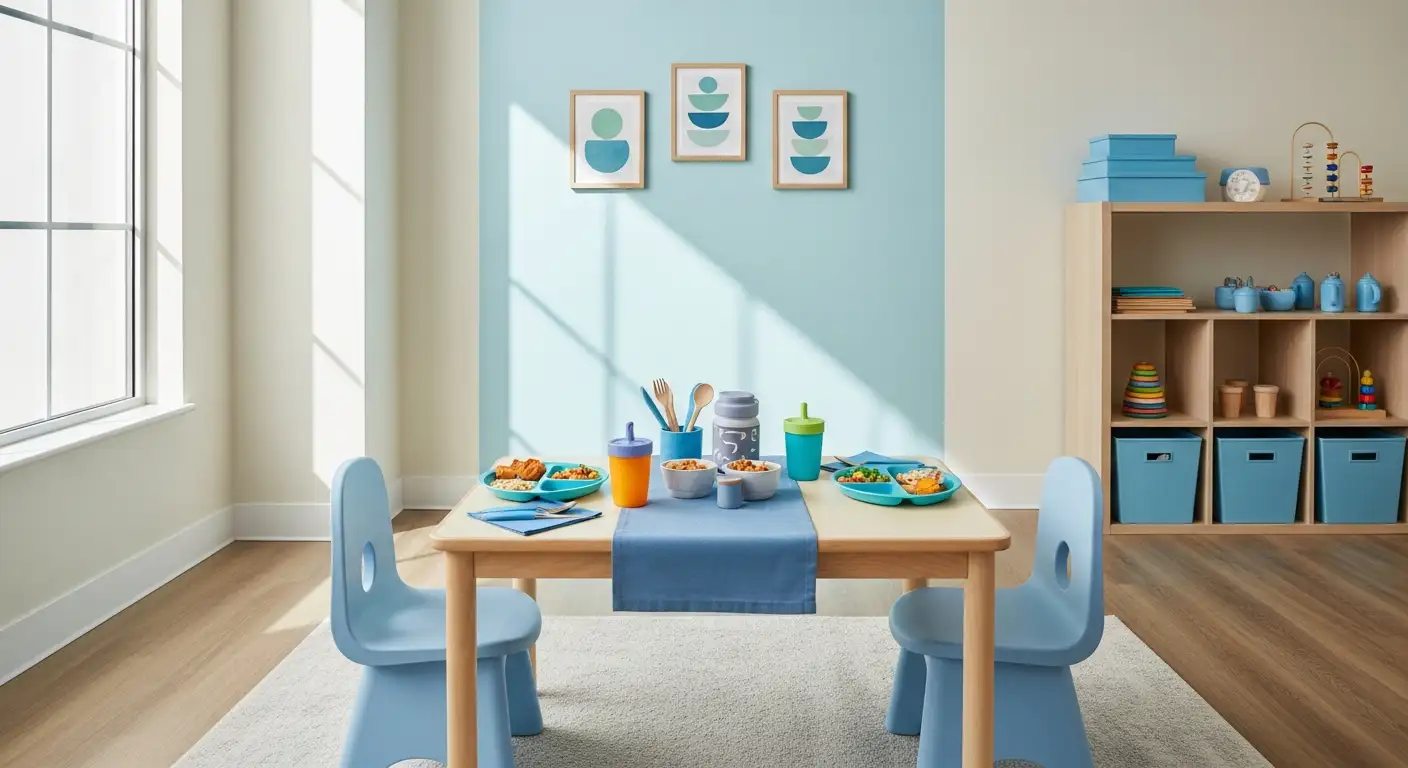Introduction
In the intricate world of parenting and child development, humor has emerged as a powerful tool to foster connections, enhance learning, and develop resilience in children. This article delves into the multifaceted role humor plays in building strong emotional, cognitive, and social ties between children and their caregivers, both in the home and educational settings.
Building Emotional Bridges with Humor

How does humor foster emotional connections with children?
Humor plays a significant role in fostering emotional connections with children by promoting engagement and creating a relaxed environment. It allows caregivers to navigate tensions, making initial interactions more comfortable and nurturing. By incorporating humor, caregivers can recover from challenging moments, establish a sense of trust, and create dialogue that encourages sharing feelings.
Functions of humor in caring and connecting
Humor serves multiple functions in child and youth care:
- Caring: Expresses warmth and empathy, helping children feel valued and understood.
- Connecting: Aids in breaking down barriers, creating bonds through shared laughter and playfulness.
- Coping: Provides a mechanism for both children and caregivers to deal with stressful situations more effectively.
This multifaceted role of humor strengthens the relational bond, reflecting essential aspects for building solid connections.
Enhancing parent-child relationships
Research underscores that parents who utilize humor often maintain better relationships with their children. For instance, a study indicated nearly 72% of parents found humor to be a valuable parenting tool, enhancing trust and emotional bonds. Moreover, children raised in a humorous environment typically develop higher emotional resilience, fostering an optimistic outlook and better problem-solving skills. Consequently, humor not only enriches the dynamics of family relationships but also promotes cognitive flexibility, aiding children's development in profound ways.
Psychological Advantages of Humor in Parenting

What are the psychological benefits of humor in parent-child relationships?
The psychological benefits of humor in parent-child relationships are significant and well-documented. Research from Penn State indicates that humor serves as an effective parenting tool, positively influencing the quality of these relationships. It fosters cognitive flexibility, relieves stress, and enhances problem-solving abilities, contributing to children's resilience.
Study findings on humor in parenting
A notable survey indicated that a substantial majority of participants (71.8%) viewed humor as a vital parenting technique. Among those who enjoyed strong relationships with their parents, 63% reported that their parents effectively utilized humor during their upbringing. This connection reinforces the notion that humor can indeed strengthen familial bonds.
Benefits of humor for resilience
Humor not only strengthens relationships but also builds resilience in children. It encourages them to navigate challenges with a lighter heart, facilitating better coping strategies. By experiencing and sharing laughter, children learn to develop emotional fortitude, which can significantly impact their long-term well-being.
Humor as a Catalyst for Communication and Reducing Family Tensions

How can humor enhance communication and reduce tensions in family dynamics?
Humor can enhance communication and reduce tensions within family dynamics by serving as a coping mechanism that fosters positive interactions and relationships. Studies indicate that families who share humorous moments report higher levels of satisfaction, leading to a greater sense of togetherness and resilience during tough times.
Humor acts as a communicative tool, transforming potentially difficult discussions into light-hearted conversations. This approach helps alleviate conflicts, encourages openness, and allows family members to express feelings without defensiveness. For instance, sharing a laugh while discussing a sensitive topic often diffuses tension and creates a collaborative environment.
Furthermore, shared laughter strengthens emotional bonds, promoting intimacy among family members. A relaxed atmosphere created by humor not only eases the delivery of serious messages but also encourages healthier, more constructive exchanges. Ultimately, humor becomes an essential element in cultivating trust and understanding within families.
Humor's Role in Child Development and Education

What is the impact of humor on child development and social skills?
Humor plays a vital role in the growth of social skills and cognitive development in children. It is linked to greater social competence, adaptability, and popularity among peers. Through humor, children learn to engage with others in a playful manner, significantly enhancing their interpersonal abilities.
One of the standout benefits of humor is its ability to ease interactions. For children with developmental disabilities, such as autism, learning to appreciate and use humor can greatly improve social skills. As children grow, their humor develops alongside their cognitive abilities, and this evolution is crucial for language acquisition, vocabulary growth, and reading skills.
Additionally, humor has significant emotional health benefits. It helps children learn to cope with adversities and fosters resilience, allowing them to face challenges with a positive mindset. Laughter reduces stress and boosts physical health, offering a holistic approach to child development.
Humor in educational settings
In educational environments, humor transforms the learning experience. It not only grabs students' attention but also sparks engagement. When teachers incorporate humor into lessons, it fosters a relaxed atmosphere, making students more open to participation and inquiry.
This playful engagement cultivates a strong relationship between students and educators. Shared laughter enhances mutual respect and camaraderie, essential for effective teaching and long-term memory retention. Studies show that kids exposed to humor in classroom settings perform better academically and are more motivated to participate in their education.
Development through humor
Humor cultivates crucial developmental skills. It encourages cognitive flexibility, helping children learn to think creatively and abstractly. Young children particularly benefit from interaction with humor, as laughing together fosters friendships and helps them build social bonds.
As children engage in humorous exchanges, they develop empathy, learn social cues, and strengthen their communication skills. This shared legacy of laughter contributes to their overall emotional competence, creating a joyful environment that nurtures healthy relationships among peers and family members.
In summary, humor is not merely a source of joy; it is a critical tool in shaping a child's cognitive, emotional, and social competencies, fostering deeper connections with peers and caregivers alike.
Strategies for Harnessing Humor in Educational and Home Environments

What strategies exist for using humor effectively in educational settings?
Effective strategies for using humor in educational settings include linking humor to the content being taught. This approach not only enhances retention but also improves understanding among students. Constructive humor — non-hostile and suitable for the classroom — fosters a welcoming atmosphere and encourages active participation.
Teachers can share personal stories with a humorous twist or indulge in self-deprecating humor to create a relatable connection with students. Additionally, integrating lighthearted elements into assignments or encouraging humorous writing helps deepen interactions. An essential factor for successful humor is ensuring it is accessible and appropriate for the audience while maintaining psychological safety to promote a positive learning environment.
How can parents incorporate humor into their parenting practices?
Parents can weave humor into their parenting by adopting playful language and creating silly routines. Transforming chores into games makes tasks like cleanup fun, which encourages cooperation from young children. For older kids, humor is beneficial in easing conflicts, making sensitive discussions feel more approachable.
Using humor during discipline not only relieves tension but also strengthens the parent-child bond. This strategy allows for open communication, paving the way for more effective interactions. Overall, injecting humor into parenting fosters a positive atmosphere, enhancing emotional connections while reducing stress for both parents and children.
Benefits of playful interactions
Playful interactions through humor have several benefits. They can foster stronger bonds and improve communication within families. In educational contexts, laughter can stimulate engagement and enhance memory retention, making learning memorable. Both settings allow humor to cultivate resilience and encourage creativity, encouraging children to navigate challenges more effectively.
In summary, harnessing humor enriches the educational experiences and relationships at home, contributing to overall emotional well-being.
Conclusion
Humor stands as a bridge between parents and children, teachers and students, enriching interactions and strengthening relationships. Beyond fostering emotional bonds, humor equips children with resilience, adaptability, and a positive world view. As we further explore its benefits, integrating humor into daily practices will undoubtedly continue to reveal its potency as a tool for nurturing confident, connected, and happy individuals.
References
- Humour, relationships and connection - CYC-Net
- Parents who use humor have better relationships with their children ...
- Humor in the Classroom: The Serious Benefits - BrainPOP Blog
- Parents Who Use Humor Build Stronger Bonds with Kids - The Bump
- Study: Parents Who Use Humor May Have Better Relationships With ...
- How Humor Can Strengthen Bonds With Your Children
- People Who Have Good Relationships With Their Parents ... - HuffPost
- The Role of Humor in the Classroom - UCDS
- How Your Use of Humor Affects Your Relationship With Your Child








